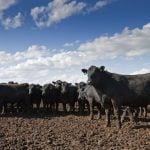
Tag Archives Environment

Flipping the script on environment and nutrition
Two experts discuss public perceptions and misinformation around beef production, and what the industry can do about it
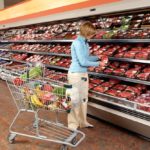
Is weight shaming going to be a thing? Let’s hope not

Species at Risk Partnerships get thumbs up from Saskatchewan participants
Environment: News Roundup from the December 2019 issue of Canadian Cattlemen

Deer Creek Livestock honoured with Alberta Beef Environmental Stewardship Award

Regenerative agriculture as a tool to help limit climate change
From the Ground Up with Steve Kenyon
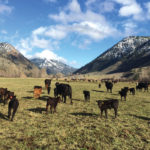
2019 TESA winners are here for the long run
Clifton Ranch is working to make their operation more efficient while using cattle to maintain the health of their valley
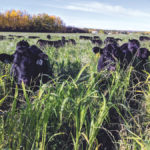
Kenyon: A recipe for regenerative agriculture
From the Ground Up with Steve Kenyon
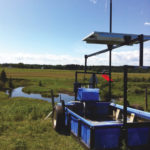
Putting beavers to work with the aim for more weight gain
Abundant clean water means more pounds of beef, and an Alberta project demonstrates how beavers can help provide it
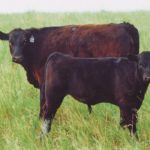
Research solidifies cattle’s role in soil health
British scientist argues that higher stocking rates and uniform distribution of animals lead to better soil structure
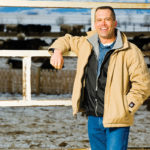
Carbon offset projects may provide financial opportunities
There are two types of carbon market structures



